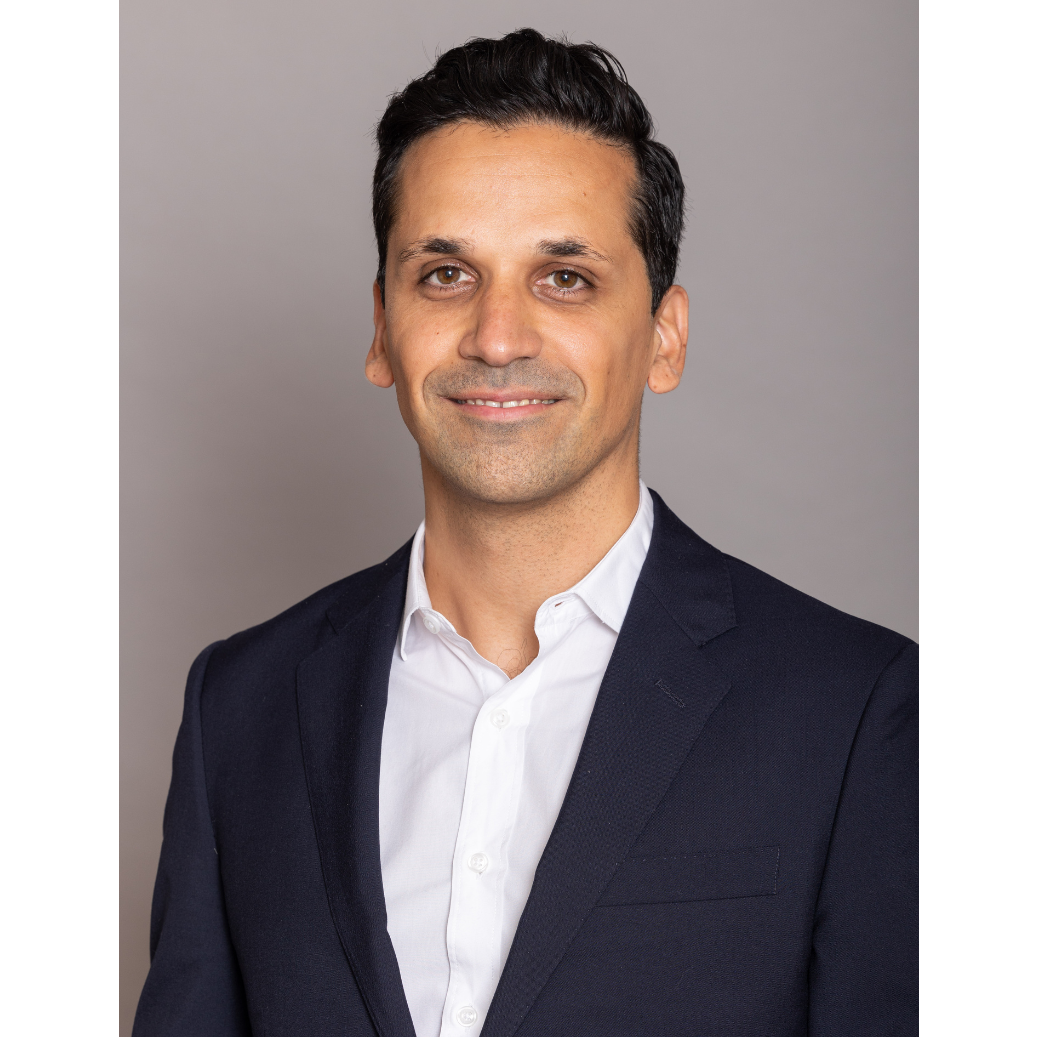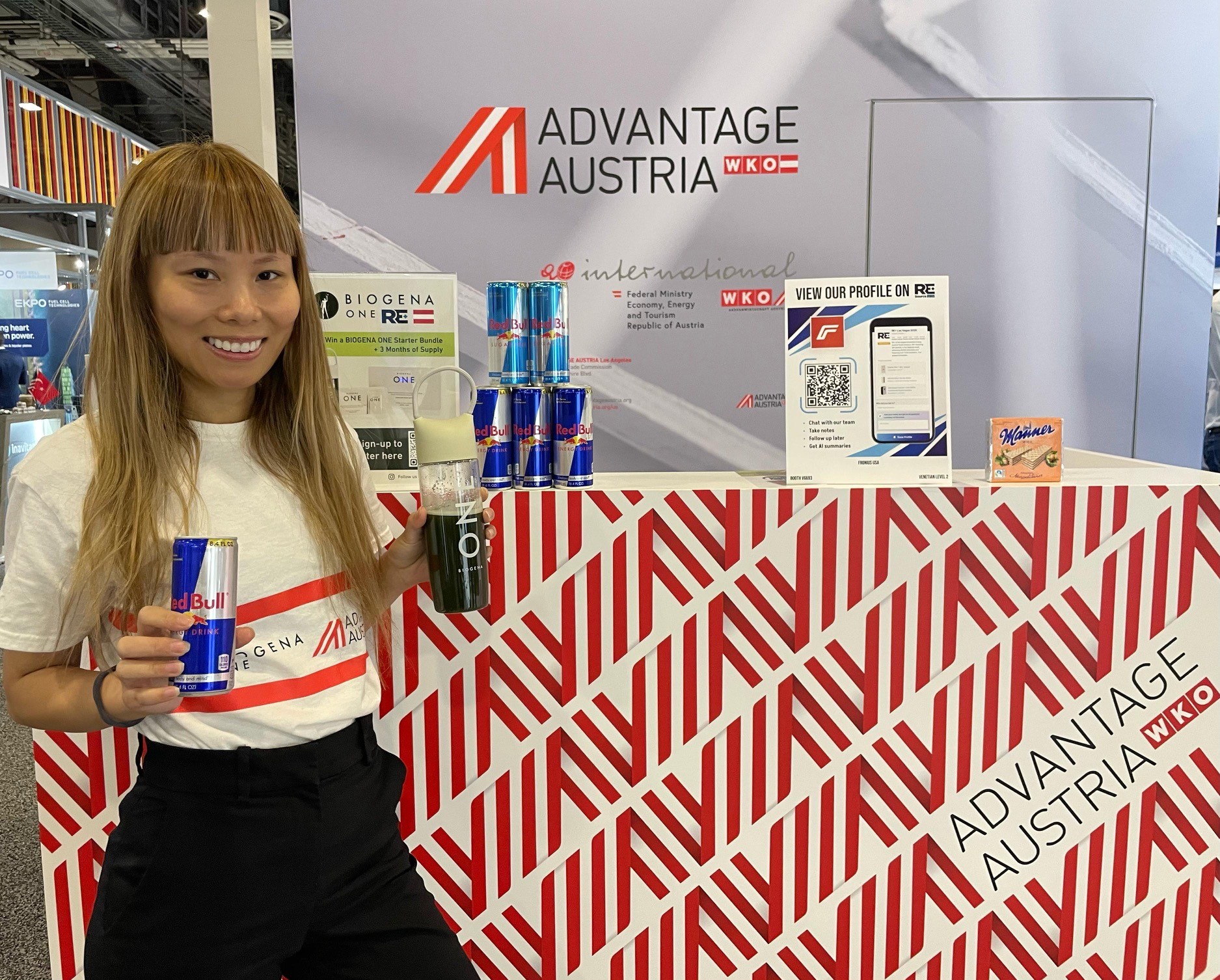Startups can offer an exciting work environment and interesting opportunities—just ask Hamon Parvizi. Originally from Vienna, Parvizi currently lives in New York, working in business development for Meta.
Having set his sights on working in Asia, Parvizi wasn’t planning on moving to the US. But in 2010, he came to the San Francisco Bay area—alone, with two suitcases—to work for a tech startup called Cooliris. It was difficult to build a network in a new country, but over time, Cooliris not only gave him a job, but also a sense of community.
“There's a lot of exciting startups, and the added value that you get working at a small company is a lot of times those people become very great friends, and that sort of becomes your microcosmos and your family in a new place,” Parvizi said.
He continued with a role at Yahoo after it acquired Cooliris, then moved to Dropbox, ending up at Meta (then Facebook) in 2018. Parvizi’s business development experience has had varied focuses, including on Messenger and Meta’s internet.org. Currently, he works with virtual reality and AI partnerships.
“The beauty about working at Meta is really that flexibility and the openness to work across different groups and different parts of the organization,” he said.
Over the past 15 years, Parvizi has been actively engaged with Austrian companies, supporting them by building bridges between the US and Austria, and advising Austrian companies and founders on their entry into the US market. In his current role at Meta, Parvizi is excited to continue to engage with Austrian and European companies even more deeply, as Meta moves toward new technologies. “The AI side of the company is opening up a completely new chapter and new ways for us to engage with partners both nationally and internationally,” he said. Parvizi asserted that companies that are slower to integrate AI will have trouble adapting to the technological environment AI is bringing about.
“What is happening right now feels just so much more aggressive and fast-paced compared to anything that I have seen over the past 15 years,” he said. “The pace of change and innovation is just mindboggling. What you read today may be completely outdated in in 2-3 weeks.”
Having a bold vision, Parvizi noted, is something that US companies specialize in. “What most, if not all, countries worldwide can really learn from the US business culture is just really being open to things that sound crazy or that seem unlikely to happen. Part of the Austrian way of structure and organization is also being realistic about things, which is good, but then it doesn't necessarily push you to new grounds,” he said. “Companies and teams in the US set very, very aggressive goals that sometimes seem unachievable. But if you don't set aggressive goals, you naturally become more comfortable and will not try to come up with creative solutions to a problem.”



